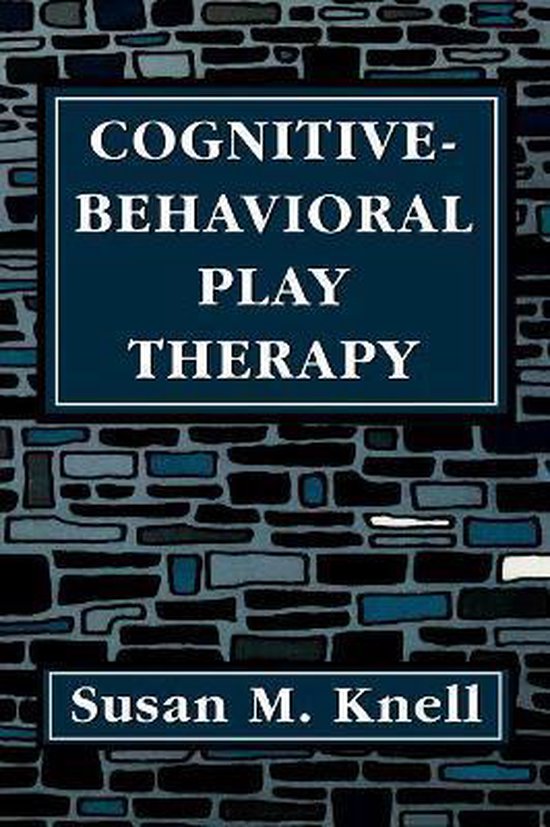
Cognitive-Behavioral Play Therapy
Cognitive-Behavioral Play Therapy (CBPT) incorporates cognitive and behavioral interventions within a play therapy paradigm. It provides a theoretical framework based on cognitive-behavioral principles and integrates these in a developmentally sensitive way.
Cognitive-Behavioral Play Therapy (CBPT) incorporates cognitive and behavioral interventions within a play therapy paradigm. It provides a theoretical framework based on cognitive-behavioral principles and integrates these in a developmentally sensitive way. Thus, play as well as verbal and nonverbal approaches are used in resolving problems. CBPT differs from nondirective play therapy, which avoids any direct discussion of the child's difficulties. A specific problem-solving approach is utilized, which helps the child develop more adaptive thoughts and behaviors. Cognitive-behavioral therapies are based on the premise that cognitions determine how people feel and act, and that faulty cognitions can contribute to psychological disturbance. Cognitive-behavioral therapies focus on identifying maladaptive thoughts, understanding the assumptions behind the thoughts, and learning to correct or counter the irrational ideas that interfere with healthy functioning. Since their development approximately twenty-five years ago, such therapies have traditionally been used with adults and only more recently with adolescents and children. It has commonly been thought that preschool-age and school-age children are too young to understand or correct distortions in their thinking. However, the recent development of CBPT reveals that cognitive strategies can be used effectively with young children if treatments are adapted in order to be developmentally sensitive and attuned to the child's needs. For example, while the methods of cognitive therapy can be communicated to adults directly, these may need to be conveyed to children indirectly, through play activities. In particular, puppets and stuffed animals can be very helpful in modeling the use of cognitive strategies such as countering irrational beliefs and making positive self-statements. CBPT is structured and goal oriented and intervention is directive in nature.
Cognitive-Behavioral Play Therapy (CBPT) incorporates cognitive and behavioral interventions within a play therapy paradigm. It provides a theoretical framework based on cognitive-behavioral principles and integrates these in a developmentally sensitive way. Thus, play as well as verbal and nonverbal approaches are used in resolving problems. CBPT differs from nondirective play therapy, which avoids any direct discussion of the child's difficulties. A specific problem-solving approach is utilized, which helps the child develop more adaptive thoughts and behaviors. Cognitive-behavioral therapies are based on the premise that cognitions determine how people feel and act, and that faulty cognitions can contribute to psychological disturbance. Cognitive-behavioral therapies focus on identifying maladaptive thoughts, understanding the assumptions behind the thoughts, and learning to correct or counter the irrational ideas that interfere with healthy functioning. Since their development approximately twenty-five years ago, such therapies have traditionally been used with adults and only more recently with adolescents and children. It has commonly been thought that preschool-age and school-age children are too young to understand or correct distortions in their thinking. However, the recent development of CBPT reveals that cognitive strategies can be used effectively with young children if treatments are adapted in order to be developmentally sensitive and attuned to the child's needs. For example, while the methods of cognitive therapy can be communicated to adults directly, these may need to be conveyed to children indirectly, through play activities. In particular, puppets and stuffed animals can be very helpful in modeling the use of cognitive strategies such as countering irrational beliefs and making positive self-statements. CBPT is structured and goal oriented and intervention is directive in nature.
| Auteur | | Susan M. Knell |
| Taal | | Engels |
| Type | | Paperback |
| Categorie | | Persoonlijke ontwikkeling & Mindfulness |